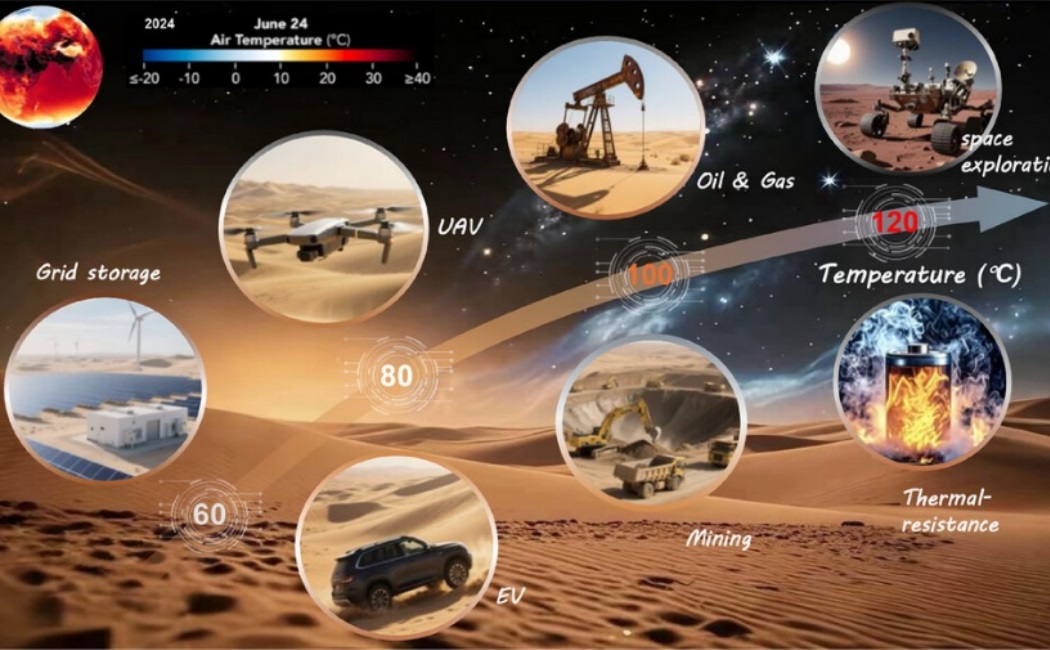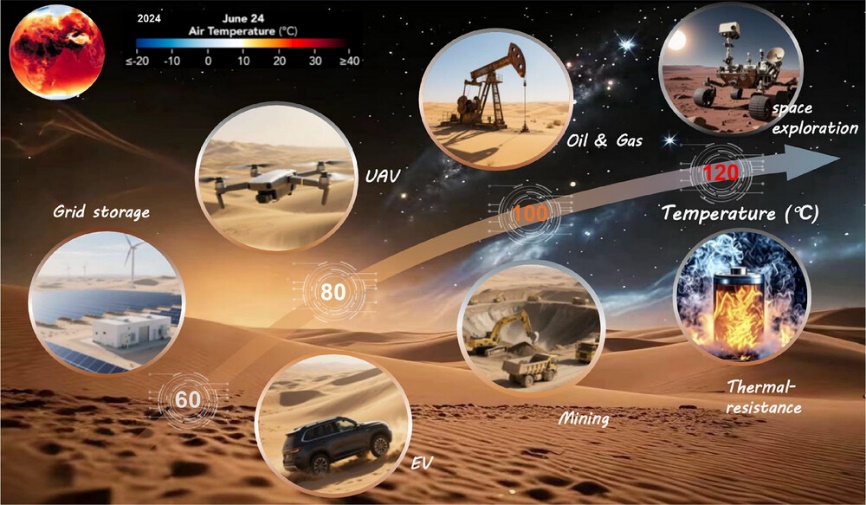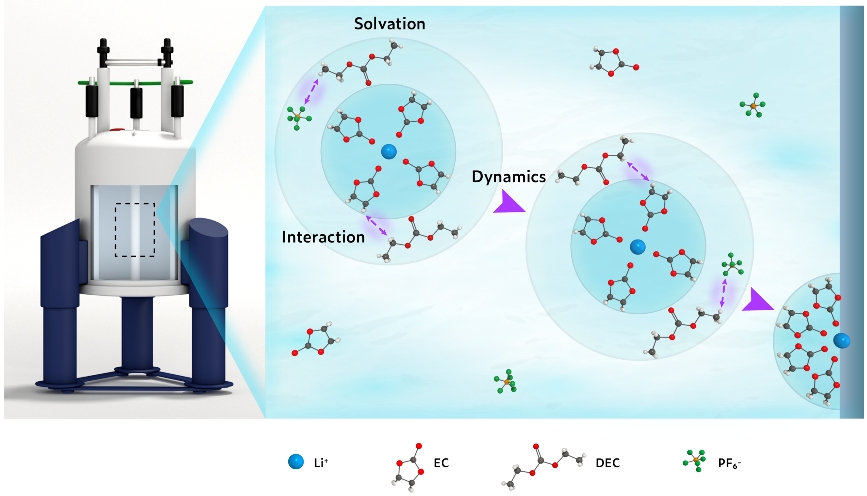
Our research group is at the forefront of developing next-generation mobile-ion batteries, crucial for addressing global energy demands and environmental challenges. We focus on a diverse range of battery chemistries, including cutting-edge Lithium-ion and Lithium-metal batteries, as well as emerging Sodium-ion and Sodium-metal technologies. Our work spans fundamental materials science, electrochemical engineering, and advanced characterization, aiming to enhance energy density, power capability, safety, and cycle life for various high-impact applications.
We develop robust battery solutions capable of operating efficiently under extreme heat. These include applications in drilling operations (e.g., oil & gas exploration), high-performance drones, and next-generation Electric Vehicles (EVs) where thermal management and stability are critical. Our batteries are engineered to maintain performance and safety even in elevated temperature conditions.

A critical aspect of our research involves designing advanced electrolytes. This includes conventional liquid electrolytes, solid-state electrolytes, and quasi-solid electrolytes to improve ionic conductivity, expand the electrochemical window, stabilize the electrode/electrolyte interfaces, and enhance the safety profile of both Li-ion and Li-metal batteries, particularly addressing issues like dendrite formation in Li-metal systems.

Characterizations are fundamental to battery research, as they provide the scientific basis for understanding how materials behave, degrade, and perform under electrochemical operation. Characterization is not just a supporting tool—it defines the scientific backbone of battery research, enabling the transition from empirical optimization to mechanism-driven, predictive design of energy storage systems. Researchers can rationally design next-generation electrodes, electrolytes, and interfaces
